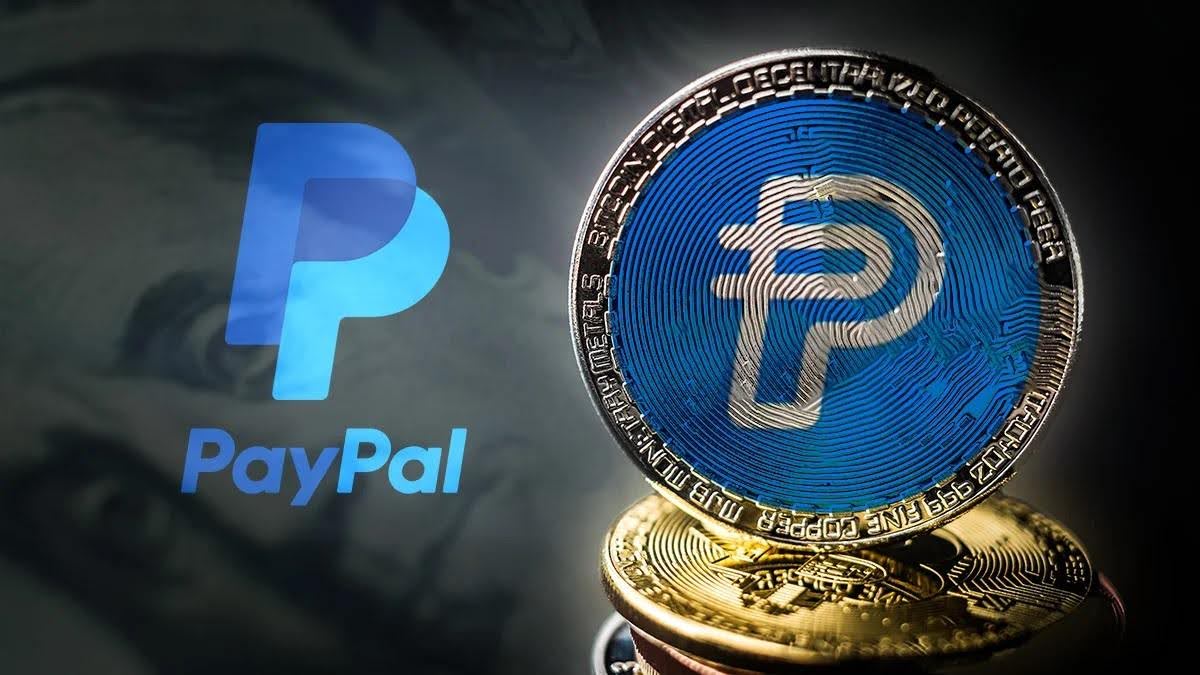Key Takeaways:
The U.S. SEC has officially ended its investigation into PayPal’s stablecoin PYUSD without pursuing enforcement action.PayPal has announced a 3.7% annual yield for U.S. users holding PYUSD and formed a new partnership with Coinbase to boost adoption.Though its market share is still lowly compared to Tether and Circle, PYUSD’s circulating supply has increased by 75% in 2025.
PayPal’s U.S. dollar-backed stablecoin, PYUSD, has been investigated by the U.S. Securities and Exchange Commission (SEC). PayPal is hurrying to push PYUSD via incentives and fresh strategic alliances since the probe is over and no enforcement action is being sought.
Read More: SEC Approves ProShares’ XRP Futures ETFs

SEC Closes PYUSD Investigation Without Filing Charges
PayPal (NASDAQ: PYPL) said in a regulatory filing filed on April 29 that the SEC’s Division of Enforcement has formally concluded its inquiry into PYUSD, the stablecoin of the firm linked to the U.S. dollar.
The SEC’s subpoena asking for papers about the development and management of PYUSD started the investigation in November 2023. PayPal claimed back then that it was totally working with the authority. The agency told the business in February 2025 that it was ending the matter without more action.
Under its present leadership, the SEC seems to be lowering enforcement pressure on cryptocurrency companies, which is in line with a larger trend. The agency has also ceased investigations against Crypto.com, Robinhood Crypto, Coinbase, and Gemini in recent months, indicating a change in regulatory attitude following years of increased scrutiny.
PayPal’s regulatory transparency now offers a clearer road ahead for PYUSD to compete more strongly in the stablecoin market growingly crowded.
Read More: SEC Updates the Agenda and Panel Members for the Cryptocurrency Roundtable on April 11




PYUSD Still Faces Market Challenges
Despite the regulatory win, PYUSD is still far from dominant. With a market capitalization of almost $880 million, the stablecoin launched in August 2023 ranks sixth among stablecoins according to CoinMarketCap. In contrast, Tether (USDT) and Circle’s USD Coin (USDC) control most of the market; Tether by alone exceeds $148 billion in market cap.
Redeemable 1:1 for U.S. dollars, PYUSD is meant to be completely backed by a combination of U.S. dollar deposits, short-term U.S. Treasuries, and cash equivalents. These characteristics mirror those of major competitors, but user adoption has been slower.
Still, 2025 has seen positive momentum. According to CoinGecko, the circulating supply of PYUSD has risen by 75% since January 1, indicating renewed interest. However, that figure remains 14% below its peak in August 2024, when supply briefly topped $1 billion.
Strategic Moves to Expand PYUSD Adoption
Loyalty Rewards and Coinbase Partnership
To accelerate growth, PayPal introduced a loyalty reward program on April 23, offering 3.7% annual yield to U.S. users who hold PYUSD in their accounts. This incentive seeks to place PYUSD not just as a transactional stablecoin but also as a passive income tool directly contesting the attraction of interest-bearing assets such tokenized treasury products and decentralized finance protocols.
One day later, on April 24, PayPal announced a strategic alliance with Coinbase, one of the biggest U.S. bitcoin exchanges. The cooperation intends to increase PYUSD’s use cases and include the asset into Coinbase’s infrastructure.
Alex Chriss, President and CEO of PayPal, stated:
“We are excited to drive new, exciting, and innovative use cases together with Coinbase and the entire cryptocurrency community, putting PYUSD at the center.”
Strong Earnings Bolster PayPal’s Crypto Push
Strong Q1 2025 profits coincided with the conclusion of the SEC probe. Reporting profits of $1.33 per share, PayPal exceeded Wall Street estimates by much exceeding analyst projections of $1.16. The business also reported $7.8 billion in sales, a 1% rise year-over-year.
Apart from good finances, PayPal underlined notable share buyback activity, hence indicating faith in its long-term expansion plan.
What’s Next for PYUSD?
The coming months will be critical in determining whether PYUSD can build on recent gains and evolve from a fringe stablecoin to a serious contender. While the SEC’s decision removes a major hurdle, user trust, utility, and platform adoption will ultimately define PYUSD’s future.
PayPal’s moves suggest a clear roadmap: regulatory compliance, improved utility, and competitive incentives. Still, the market remains cautious. Even with a boost in circulating supply and strategic support from Coinbase, achieving significant adoption may require further innovation—or a major shift in user behavior.
As it stands, PYUSD is now free from regulatory overhang, but its journey in the crypto economy has only just begun.



